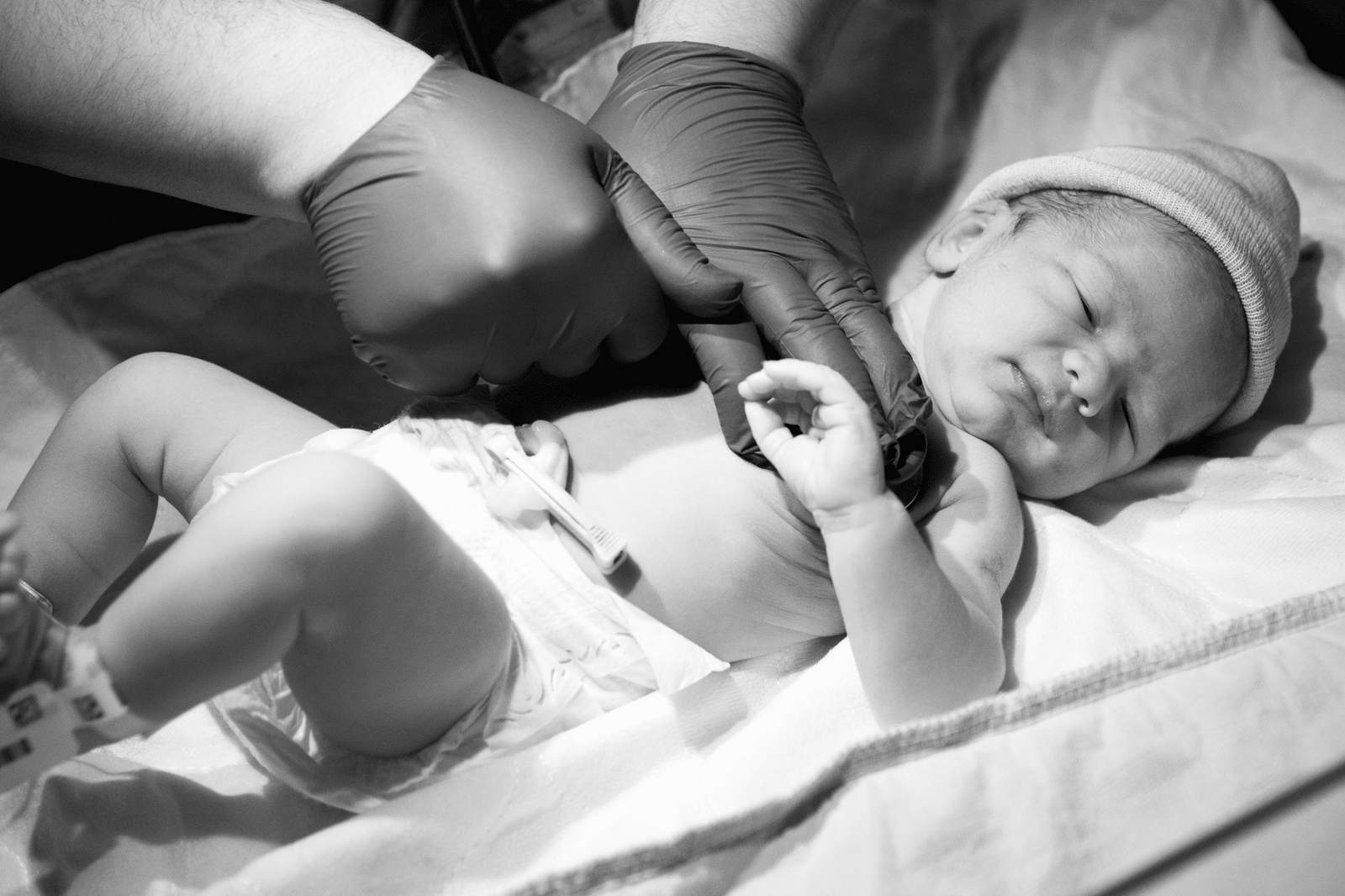Two of the most unappreciated types of people you will meet will be parents and nurses. Dealing with people is never easy, let alone when they are whining, crying, and loudly begging for their needs to be met. Babies are even worse. It may boggle the mind then to learn that there is a subset of nursing called “neonatal nursing”, combining the unique pressures of dealing with infants with the intensity of nursing. However, some people are just born for this kind of work. They love people, they love babies, and they love being there to help.
If you’re one of these people, or you’re thinking about a career in this particularly special branch of an already special profession, then join us as we dive into the nitty-gritty of neonatal nursing.
Becoming A Neonatal Nurse
Any career in healthcare or medicine requires two things, a diligent work ethic, and an education. Therefore if you’re looking at a career in neonatal nursing then you will need a pertinent qualification. Make no mistake, as any kind of nurse you are directly responsible for the wellbeing of the people walking through your door, and as a neonatal nurse dealing with babies and infants, their delicate natures require an especially gentle hand. The range of education requirements for a neonatal nurse is expansive, including associate degrees, or even a Bachelor of Science in Nursing.
There are many programs out there that can assist with your tutelage, but if you’re looking at becoming a neonatal nurse, then joining the National Association of Neonatal Nurses may be a big help, as they offer scholarships and grants to eligible members.
What Does A Neonatal Nurse Do?
Most of us probably have a decent enough idea of what a nurse does, so when we hear about “neonatal” nurses it’s probably easy enough to conjure a certain preconceived idea of what the job entails. However, there is much more to it than this perception allows for.
Being a neonatal nurse involves more than just caring for babies. The fact is that these nurses specialize in caring for infants (specifically ones up to 4 weeks of age), with a range of medical, or surgical conditions. They are not just looking after babies, they are looking after the babies that need extra care. Nurses in this area typically pull 12-hour shifts in a hospital’s NICU (Neonatal Intensive Care Unit), however, they are also seen working in other healthcare establishments.
The daily responsibilities of a neonatal nurse include the usual feeding, bathing, and diaper changes, however, they are also responsible for assessments regarding oxygen levels, vital signs, and more. These duties can often change depending on the condition of the child and their care plan. For example, some babies may require tube feeding, or for others regular blood transfusions, even medications.
What It Takes To Be A Neonatal Nurse
Nursing of any kind requires a huge connection to and love of humanity. We’ve all been sick at one point, and a lot of us have been in hospital. If you’ve been one of the unfortunate people who has had to deal with a mean or vindictive nurse, then you know exactly how much that can affect you. Now imagine that same nurse dealing with your child!
The best nurses will always be those who answer the occupation’s natural call to kindness and altruism. Looking after others requires no small amount of sacrifice, and fostering a career that actively dedicates the life of the employee to the needs of their patients demands near-daily sacrifice.
The fact is that if you’re looking at a career in neonatal nursing, it goes beyond needing an interest in medicine and a love of children. Those who thrive in this career will possess a personable nature and a love of regularly interacting with others. You will also need to think clearly in crisis situations and enjoy the rush of having a million things to do. You need supreme patience, attention to detail, a good bedside manner, and most importantly; genuine kindness and compassion.
The best nurses aren’t just the ones who are good at metering out meds and remembering what time certain treatments are administered. The best nurses are the ones who not only treat a condition but connect with the person they’re attending to.
